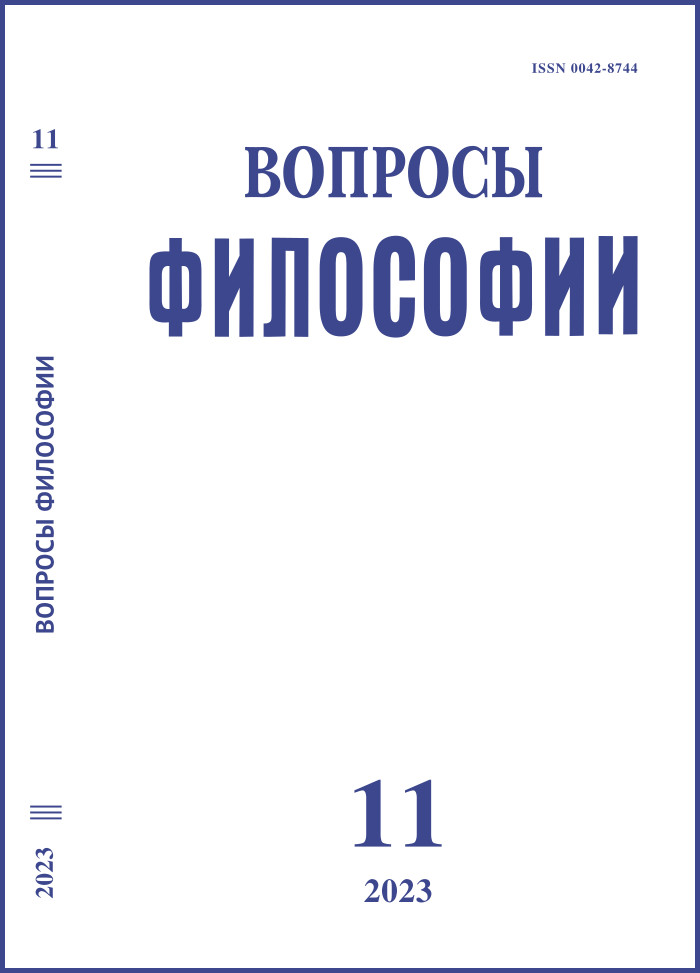Dawkins, Morality, and Religion Part III. An Illusion of the Progress
DOI:
https://doi.org/10.21146/0042-8744-2023-11-182-194Keywords:
New Atheism, secularization, progressivism, history of violence.Abstract
In an effort to separate morality and religion as mutually independent and hostile phenomena, Richard Dawkins put forward an argument from moral progress. Extremely influential in the atheistic propaganda of our days, it says that a gradual improvement in ethical norms and standards, human morals and behavior is noticeable in modern history. According to it, the Enlightenment with its secularization and promotion of secular humanism was the most important catalyst of this process. The aim of the article is to give a detailed critique of this argument showing the inconsistency of its underlying views on the causes, “mechanics” and manifestations of the moral progress. The internal inconsistency of guidelines and criteria of the progress is revealed, as well as the factual inaccuracy of the central thesis of a significant decline of violence in the world over the past three centuries.

